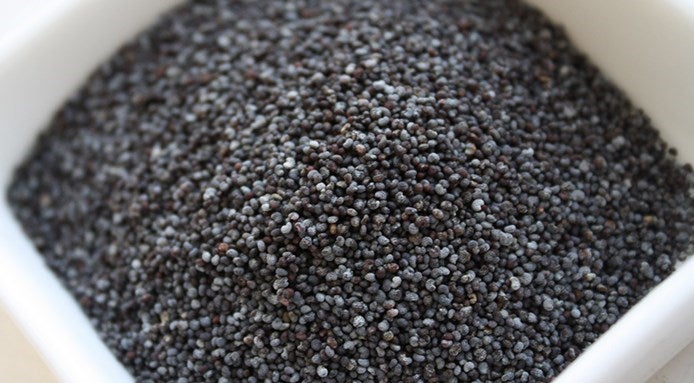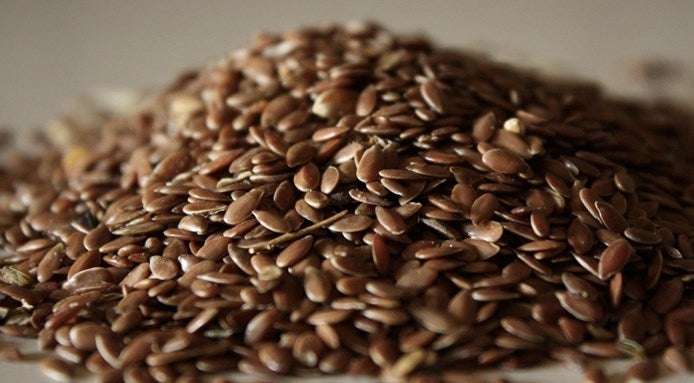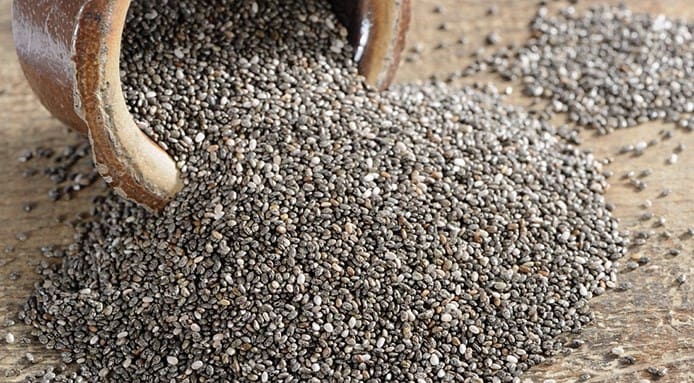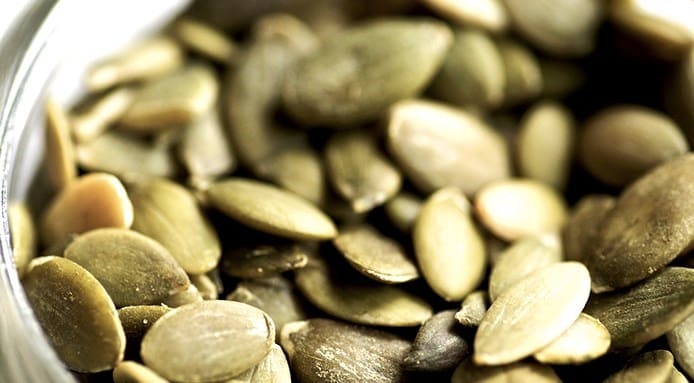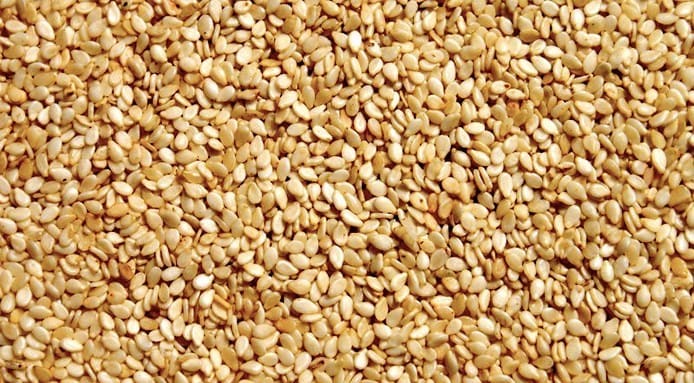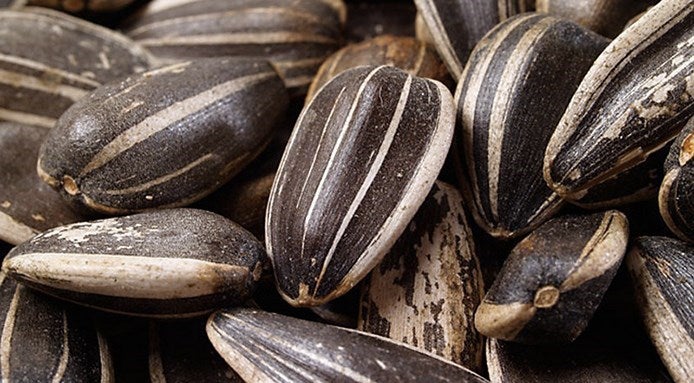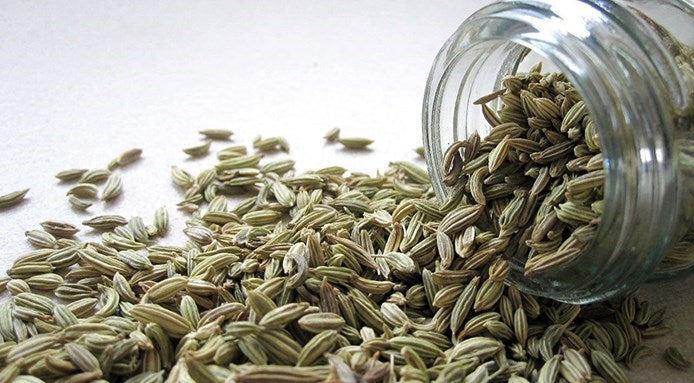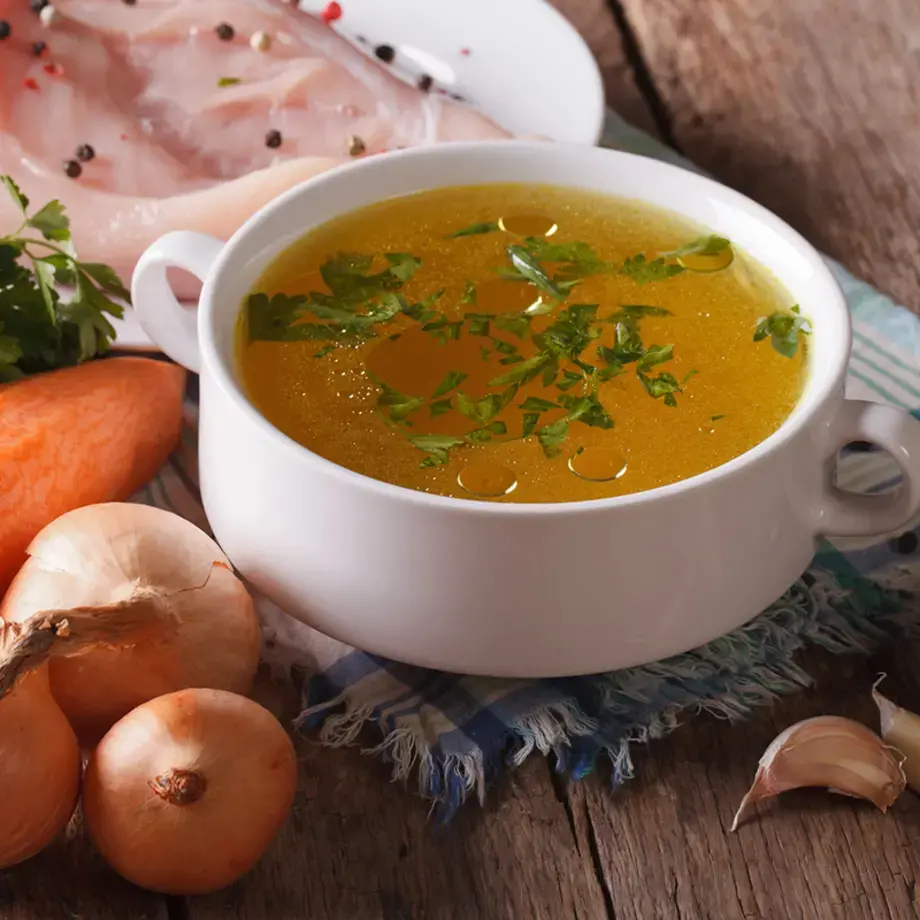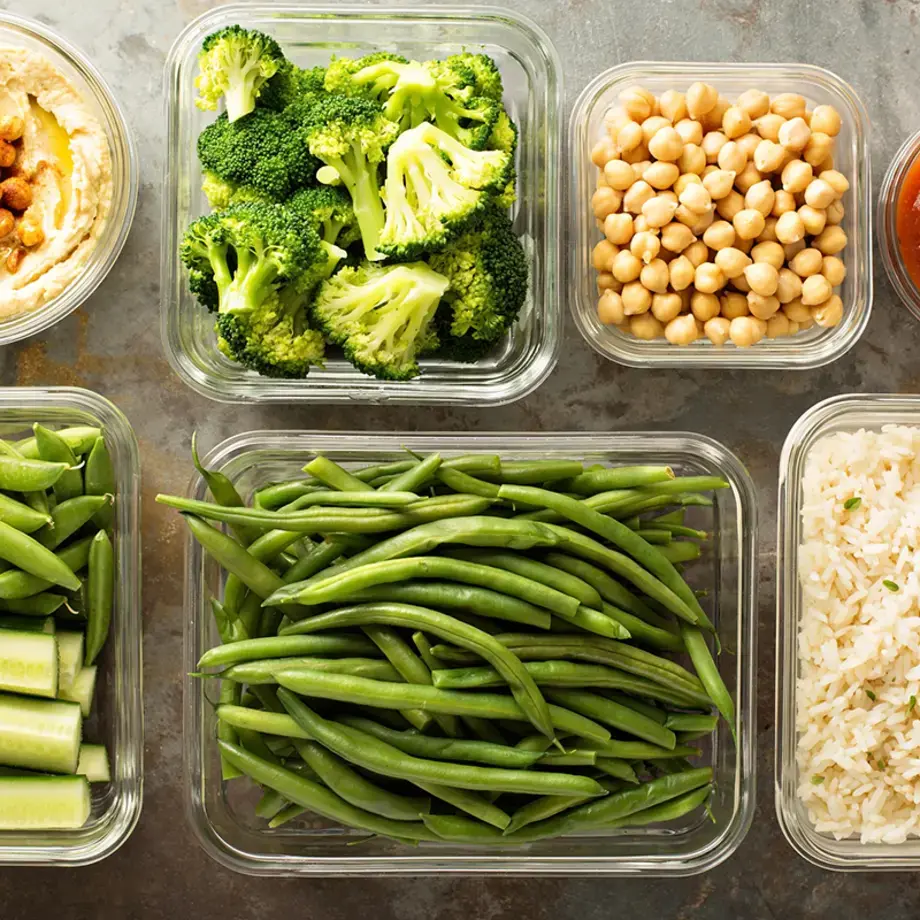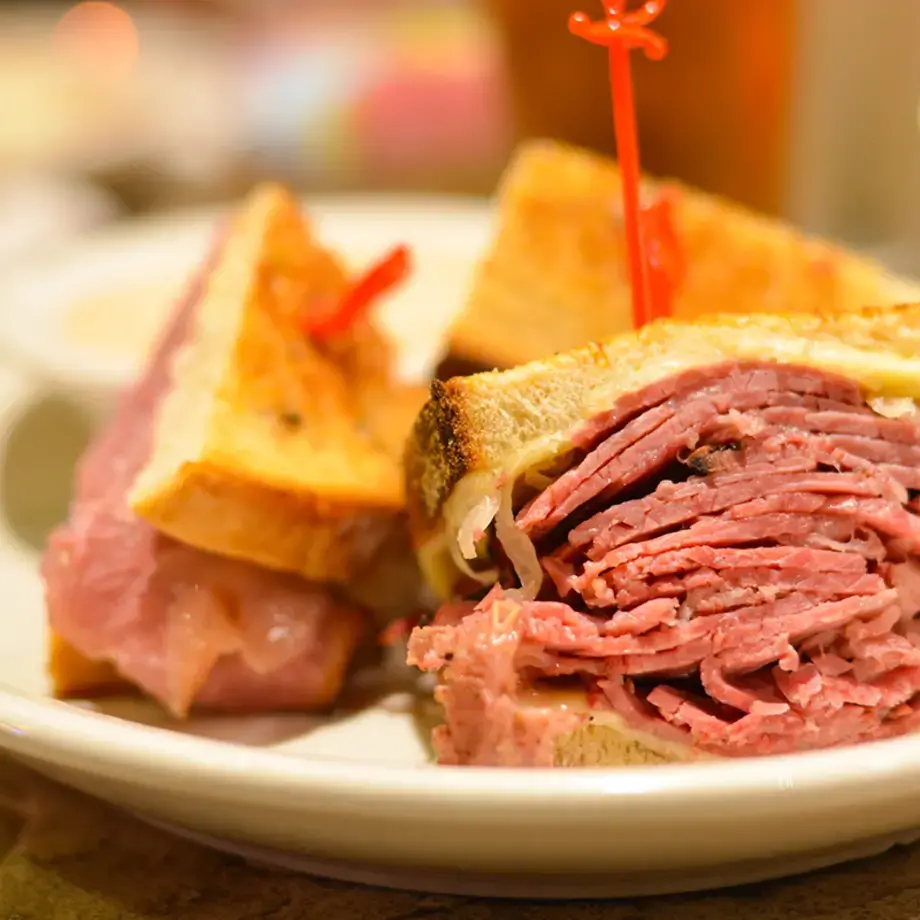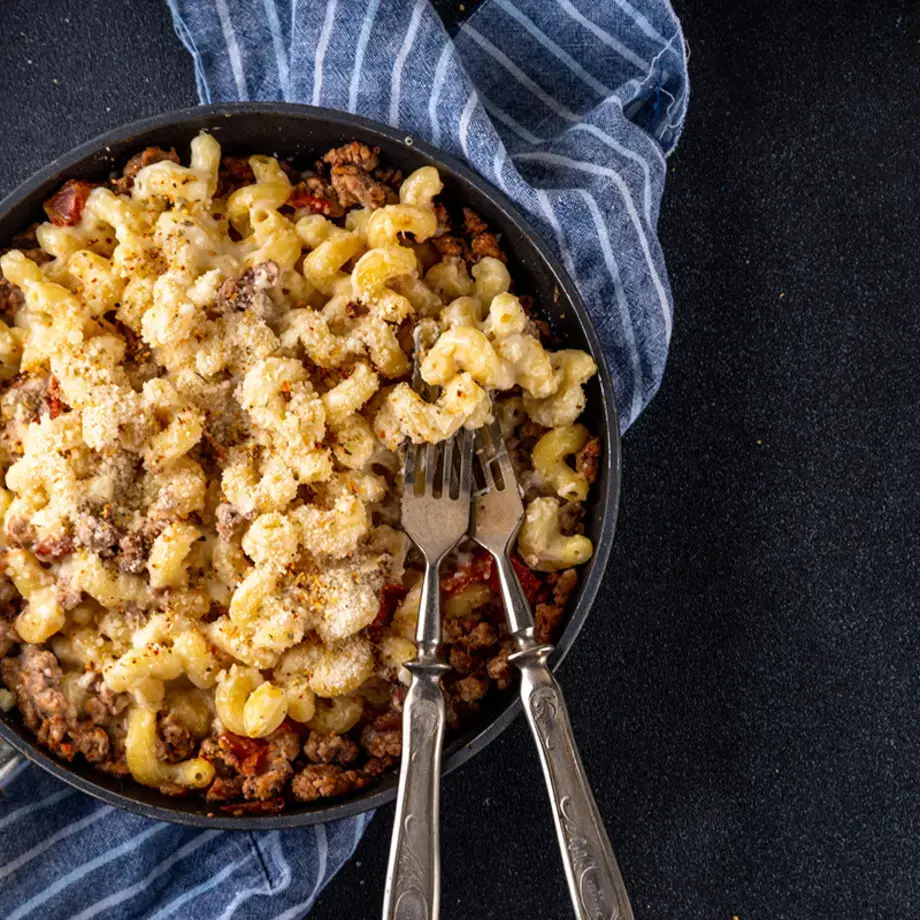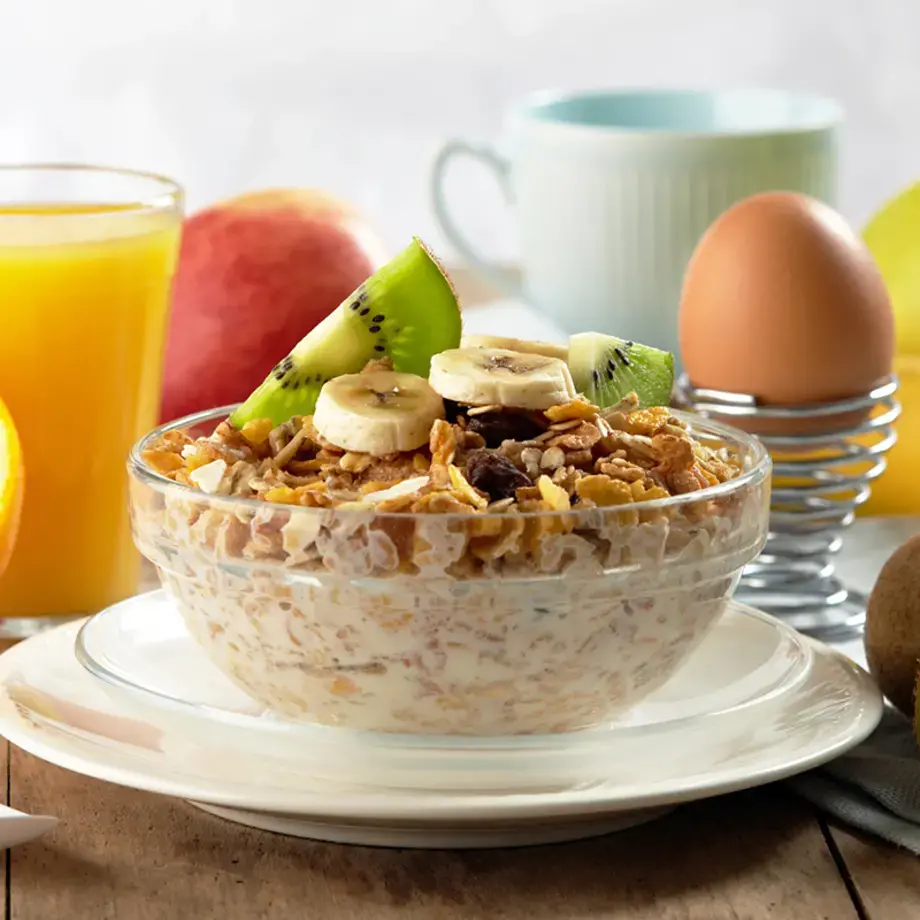After seeing which spices and herbs to keep in the kitchen cupboard if you want to feel better, we shall now address the question of seeds: healthy seeds you can also eat, the ones which are good to eat and team up well with vegetable dishes, main courses and salads. Cooking with seeds not only adds flavour to your dishes (think of roasted sesame seeds), but is also good for the health, thanks to the presence of Omega3, proteins, magnesium and vitamins.
So which seeds are useful to store in the kitchen? Here is our list of 7 essential healthy seeds to eat and to cook with:


